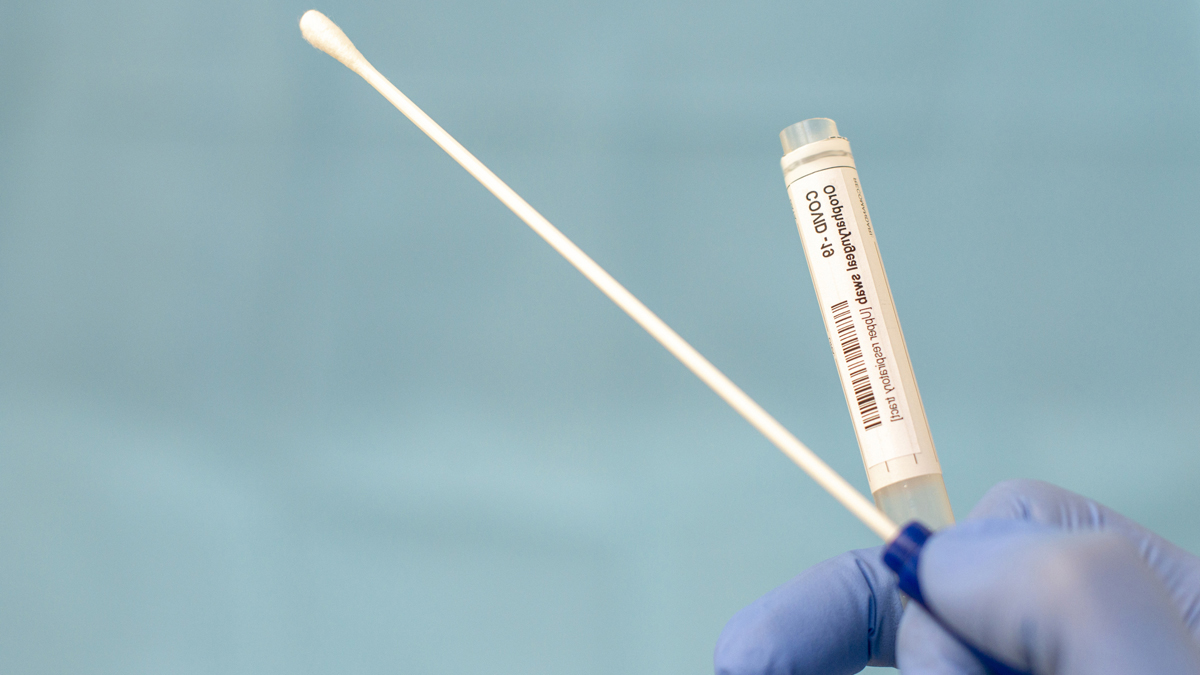Authorities in South Africa announced Wednesday that new cases of Covid-19 nearly quadrupled in a day, indicating a substantial increase in the country where scientists discovered the omicron version last week.
According to official figures, the number of new confirmed cases increased to 8,561 on Wednesday, up from 4,373 the day before.
Following the identification of the novel omicron type, scientists in South Africa have predicted a substantial increase in Covid-19 cases.
“There is a possibility that really we’re going to be seeing a serious doubling or tripling of the cases as we move along or as the week unfolds,” Dr Nicksy Gumede-Moeletsi, regional virologist for the World Health Organization, told The Associated Press. “There is a possibility that we are going to see a vast increase in the number of cases being identified in South Africa.”
South Africa had seen a period of low transmission in early November with a 7-day average of about 200 new cases per day, but in the middle of November new cases began to rapidly increase. The new cases reported Wednesday represent a 16.5% positivity rate of cases tested, up from a 1% rate early in November.
It’s too early to be certain that the omicron variant is responsible for the rise in cases, but it is very possible, say experts. Standard PCR tests can suggest that a positive case is caused by Omicron, but only a full genetic sequencing can confirm it.
Labs in South Africa and Botswana are urgently doing genomic sequencing to study omicron cases in order to see if it is significantly more transmissible, causes more serious cases of COVID-19 or if it evades protection from vaccinations, said Gumede-Moeletsi.
“The current data that we have is still very limited. So there are so many additional characteristics of this virus that the researchers are busy studying, of which transmissibility is one of them. Severity is also another,” she said, adding that researchers also need to find out if current vaccines will still be effective against it.
Hospitalizations for COVID-19 are rising in South Africa, but not at the dramatic rate of the new cases.
The omicron variant has been detected in five of South Africa’s nine provinces and accounted for 74% of the virus genomes sequenced in November, the country’s National Institute for Communicable Diseases announced Wednesday.
According to data supplied by the institution, the mutation was first detected in South Africa on Nov. 8 in Gauteng province. The delta version accounted for the majority of genomes sequenced in the country until the end of October, according to the report, but the omicron form overtook it in November.





